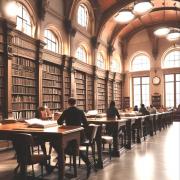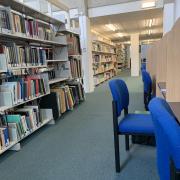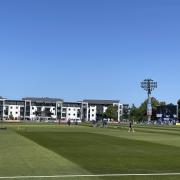
Streets once densely populated and fetid with the stench of petrol and car fumes have been annihilated of all signs of life. Shop windows drained of light and empty stretches of roads have become a common occurrence. Masked and unmasked, a mere few venture out into the ghost town. The elephant in the room of course being Covid -19.
With bars, pubs and clubs closed, and the retail industry limited to essentials, even without restrictions, there is little to leave the house for. Evidently, there has been a steep decrease in travel – a comforting anti-parade of national unity against the killer disease.
Since there are far less of us out and about in cars, air quality has improved in tandem. Air Quality News reported that London Westminster saw a fall in NO2 emissions, with a daily average last year of 58µg/m3 in 2019 dropping to 30µg/m3. The results are even visible – on a short form of daily exercise the air tastes and smells cleaner in the absence of traffic and there is much less evidence of smog.
Surely this is extremely positive for the earth? Mostly, yes and for now. However, some scientists have predicted that this unintentional breather for the planet will be short-lived. In our hedonist nature as humans, it is highly likely that when restrictions end these same emissions will sky rocket and the nation rushes to go to the places they’ve been barred from for what will be several months. In fact, it may increase for a while as we indulge in our favourite treats. Dr Gabriel de Silva linked this theory back to the global financial crash of 2008, noting that after the economy rebuilt itself, emissions climbed along with it. As restrictions were enforced in the UK, emissions dropped almost over night, who’s to say the reverse won’t be true. Take heed and try to continue the sustainable behaviour we are all likely to become very accustomed with in the coming months.



























